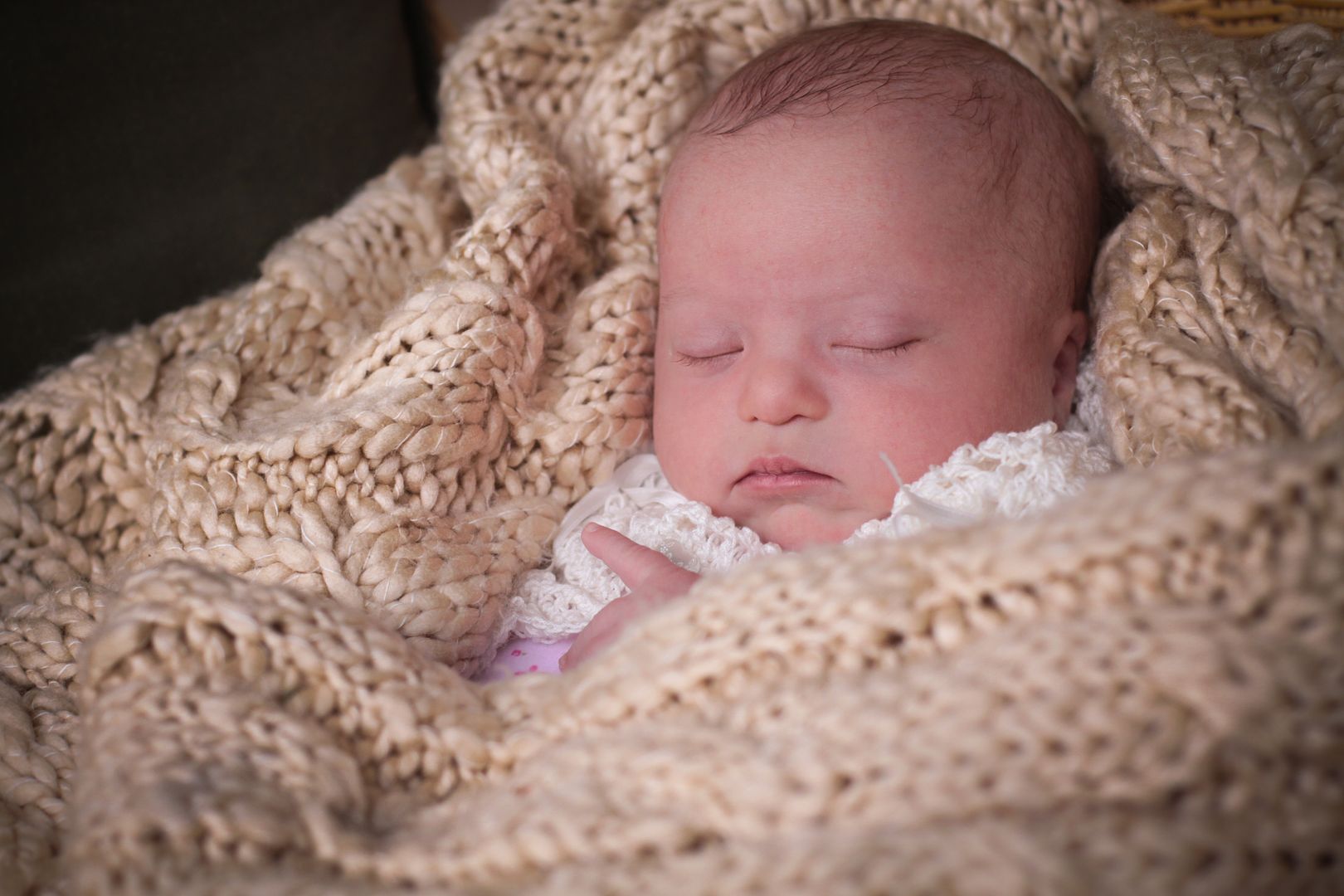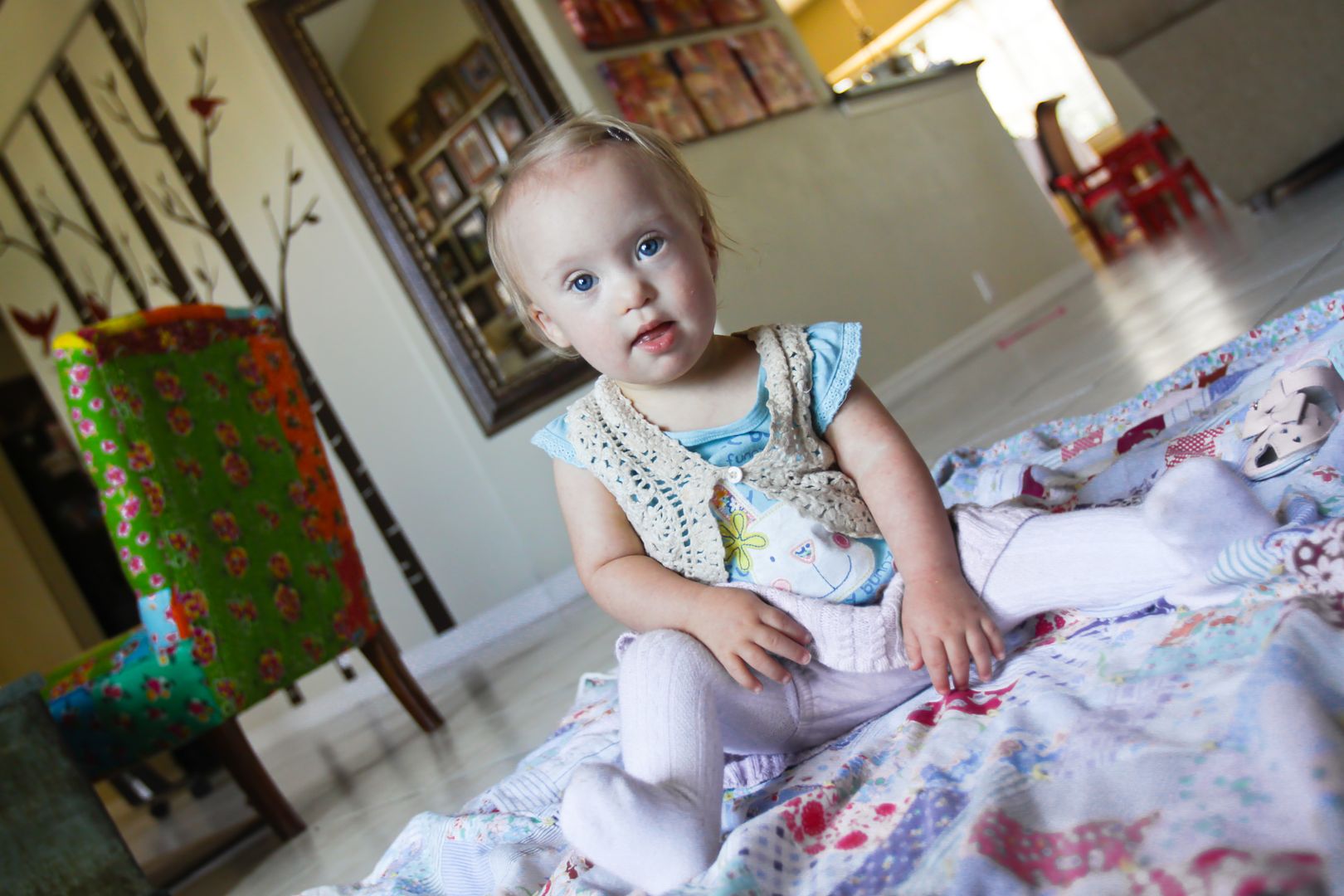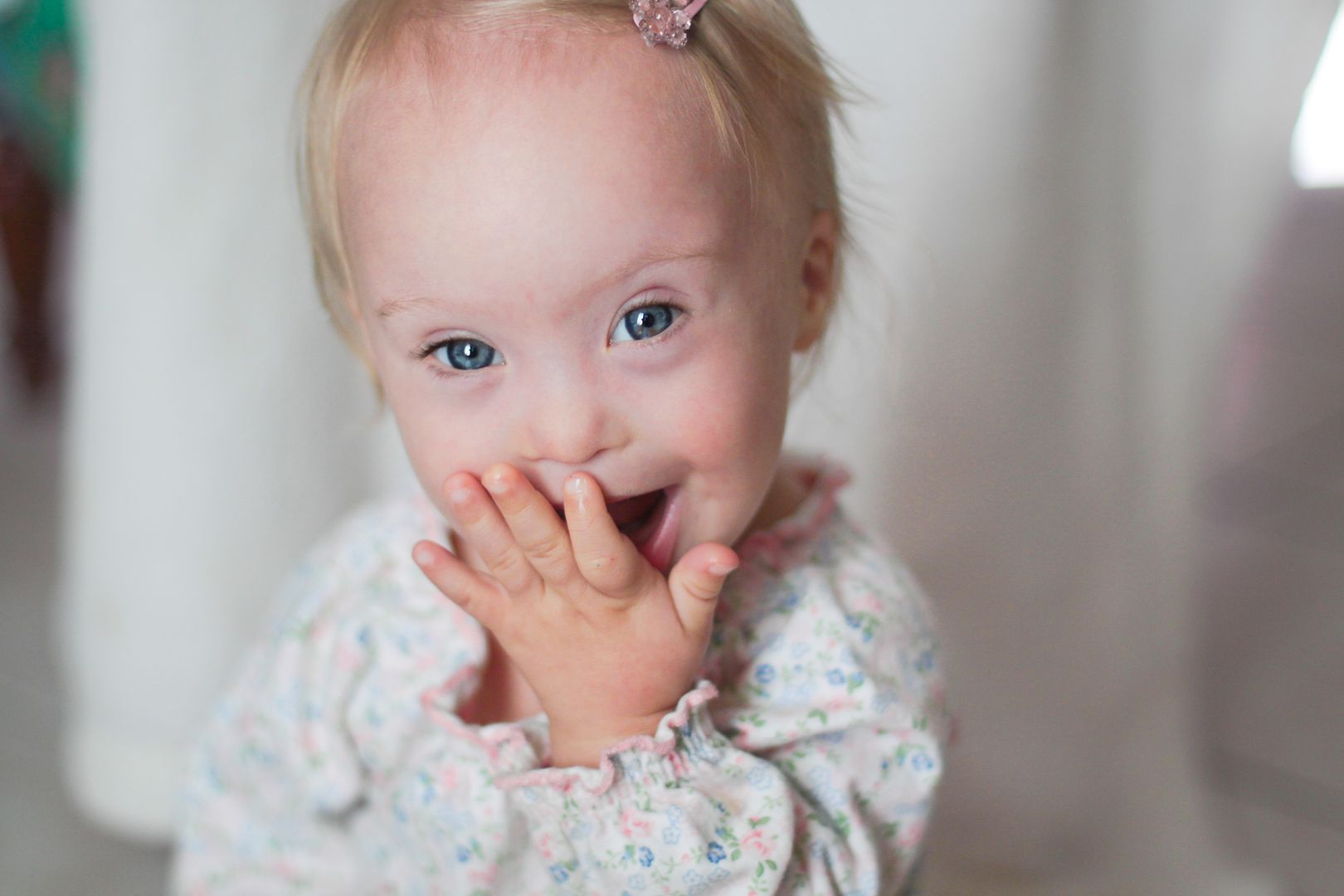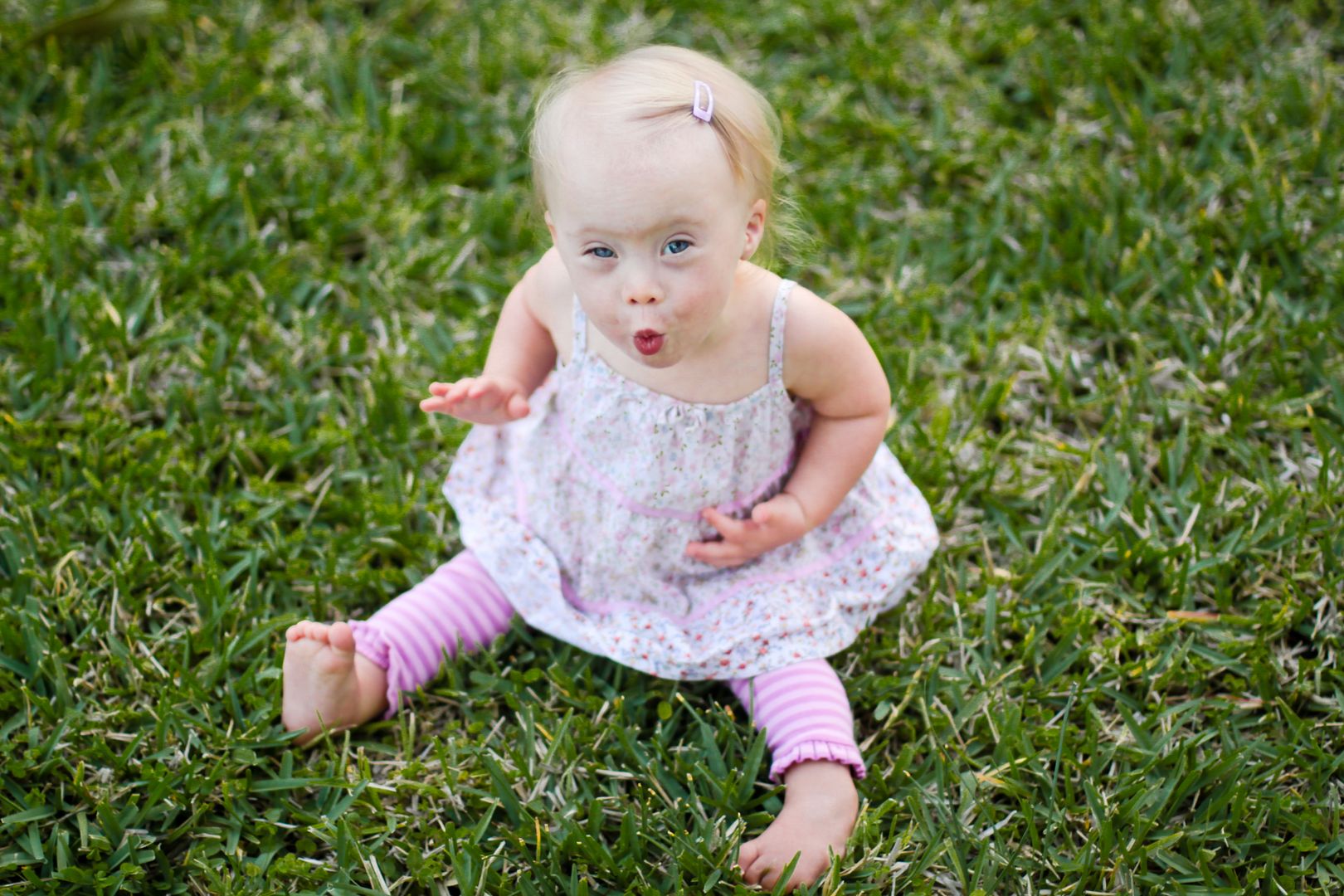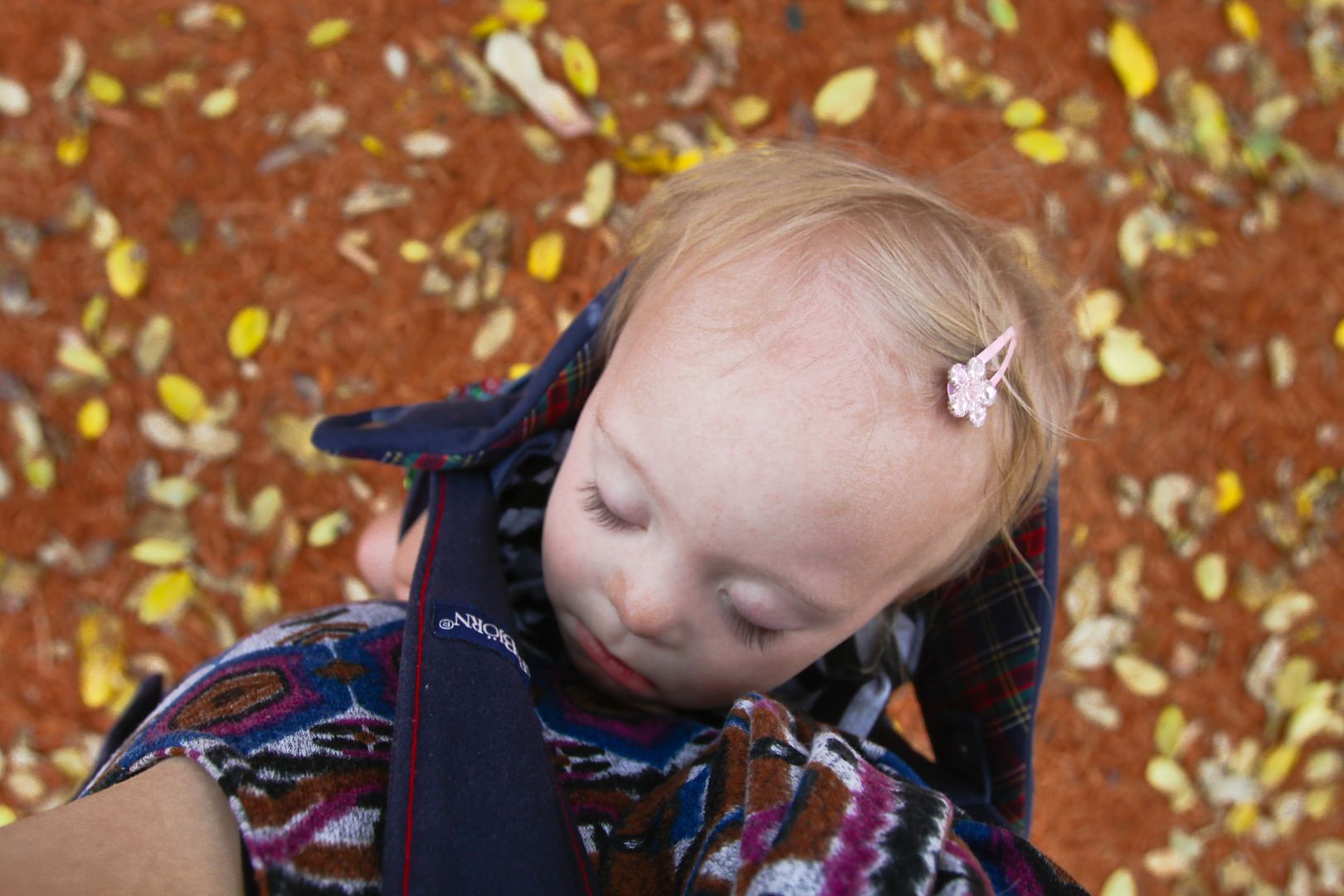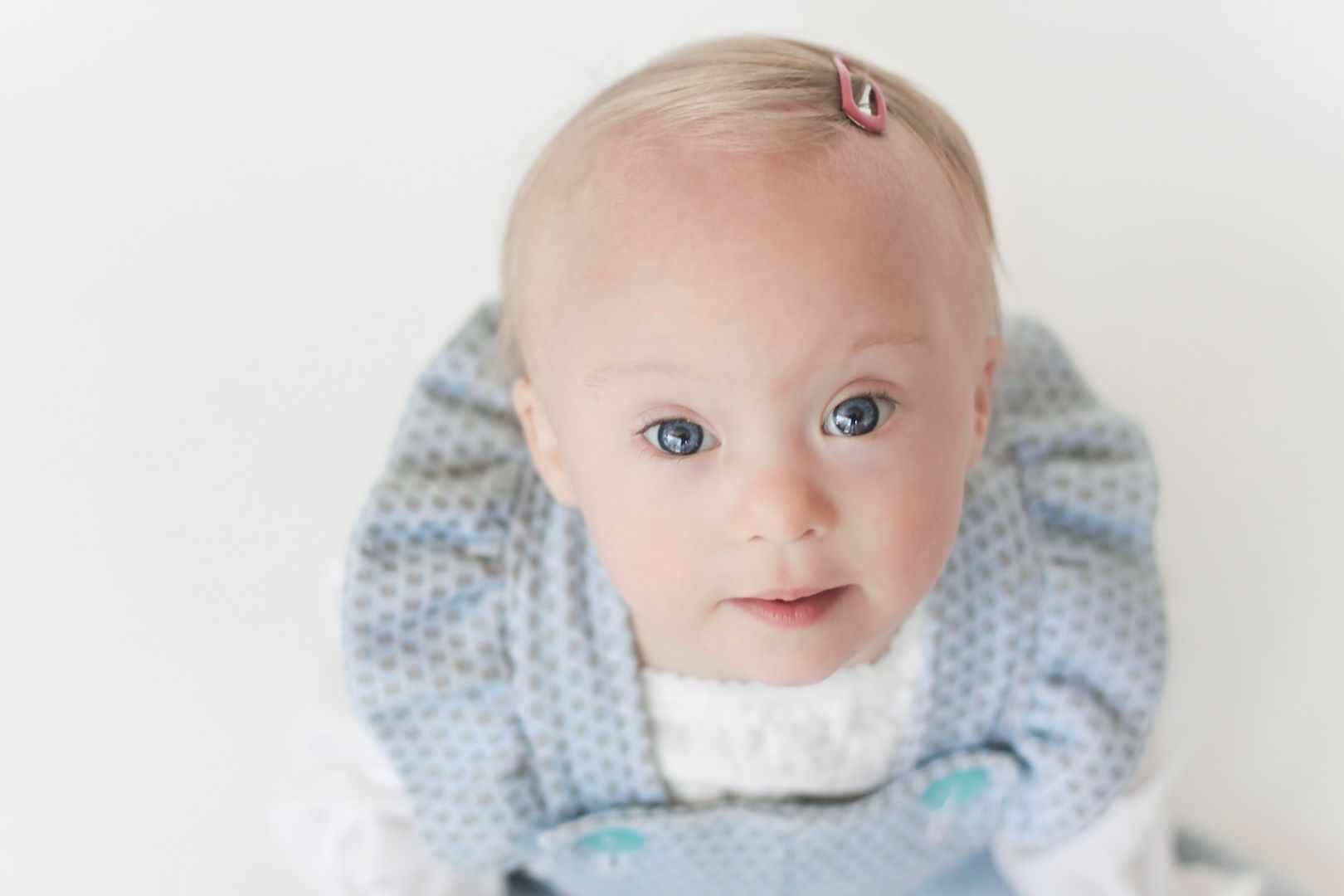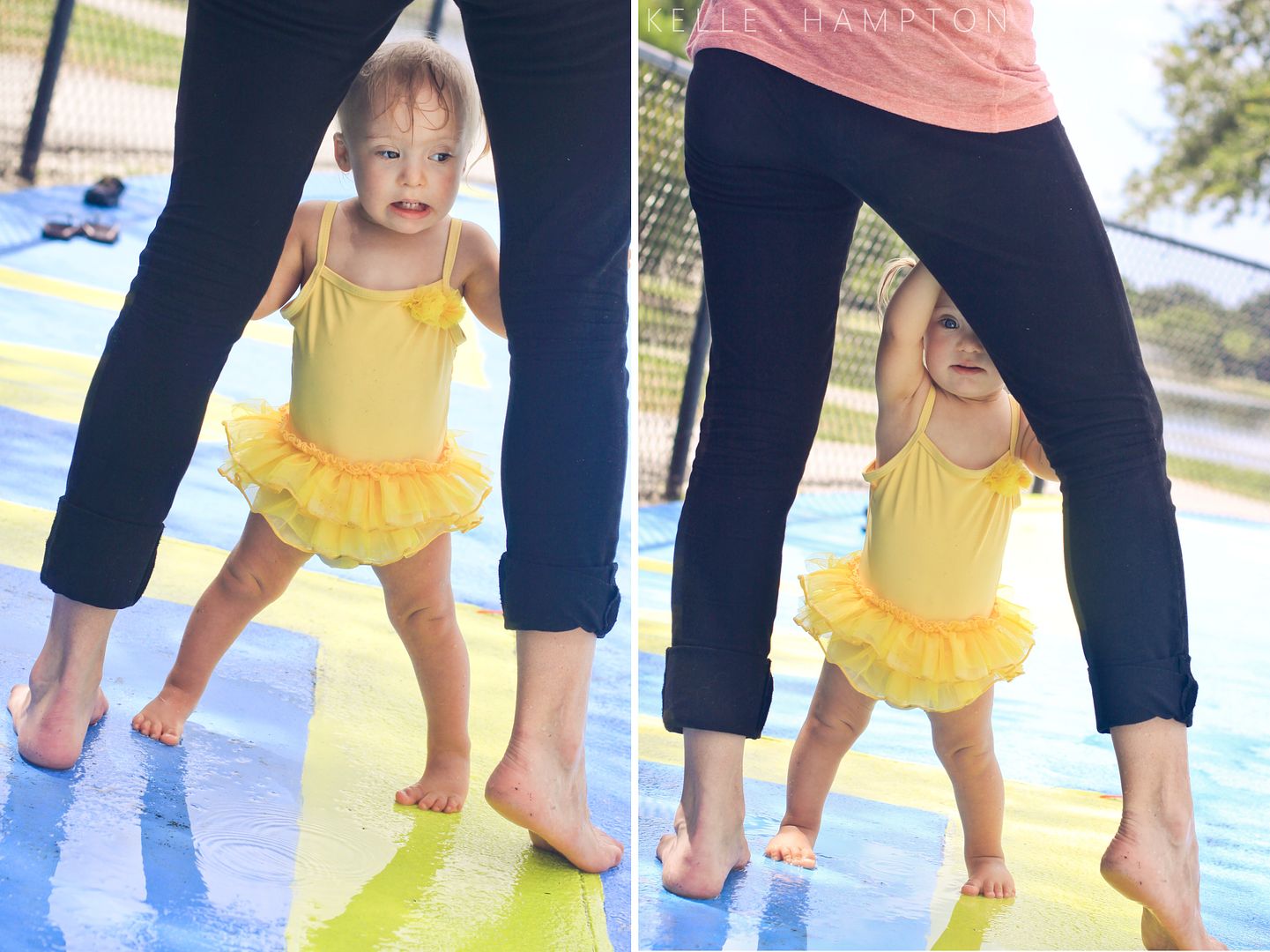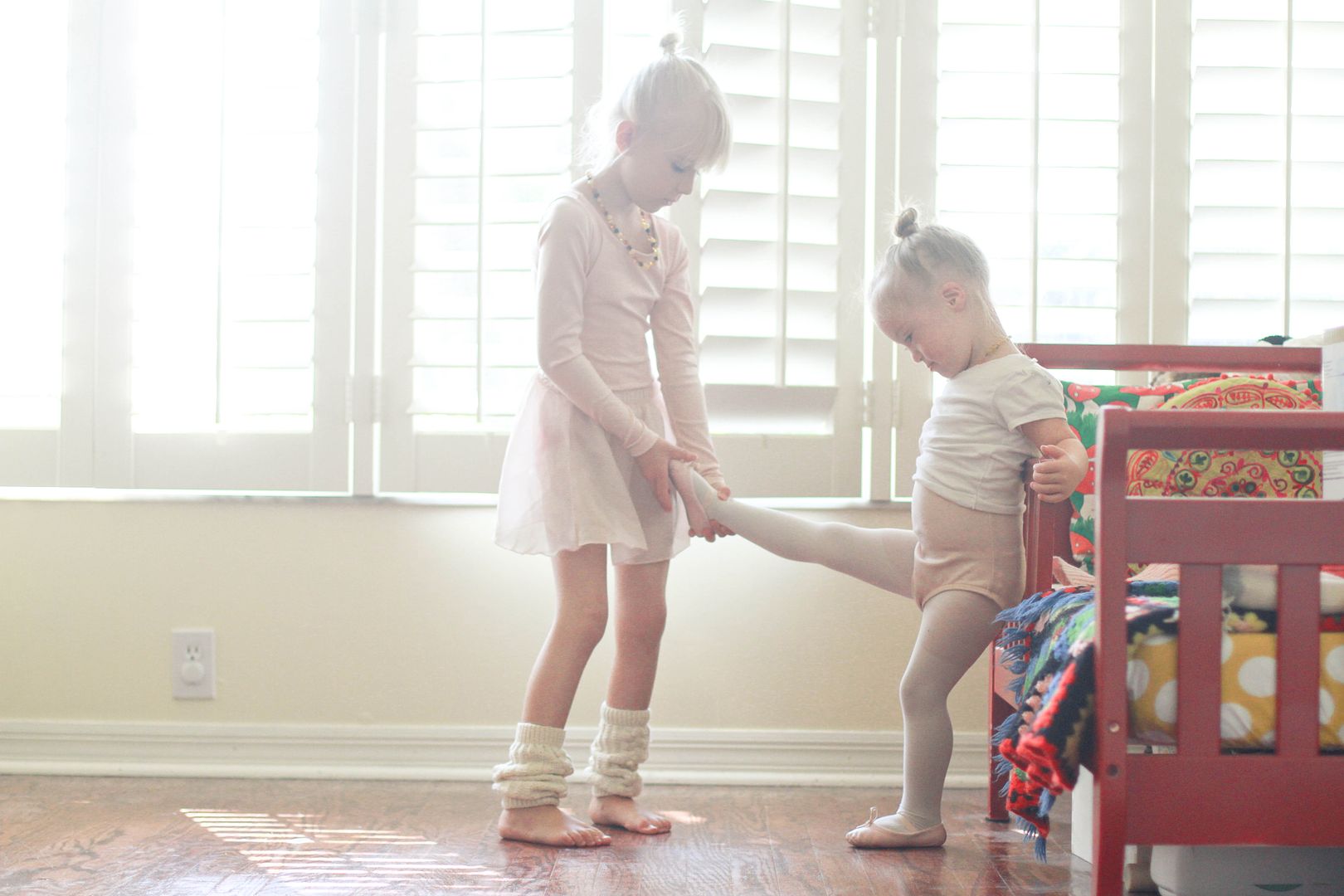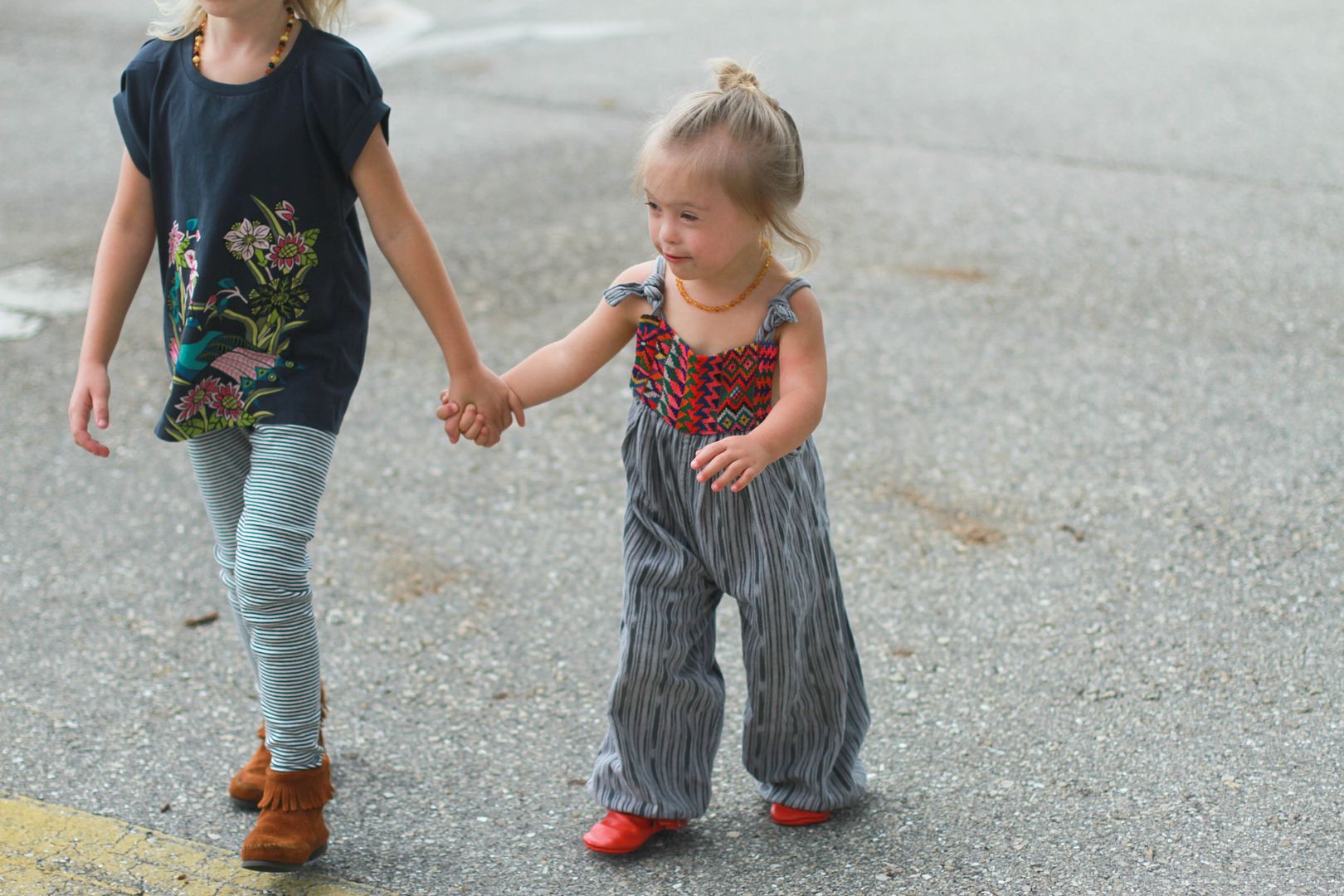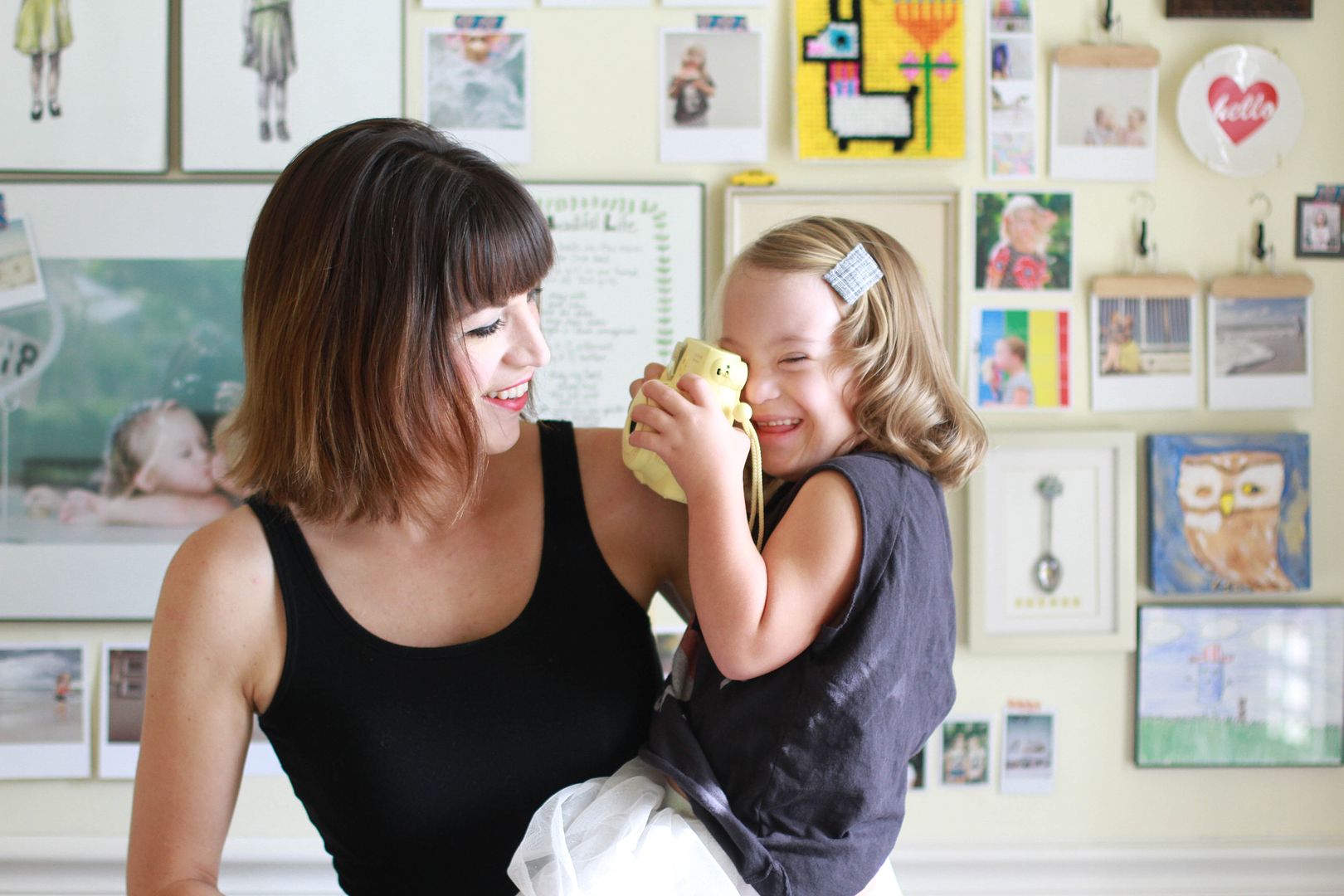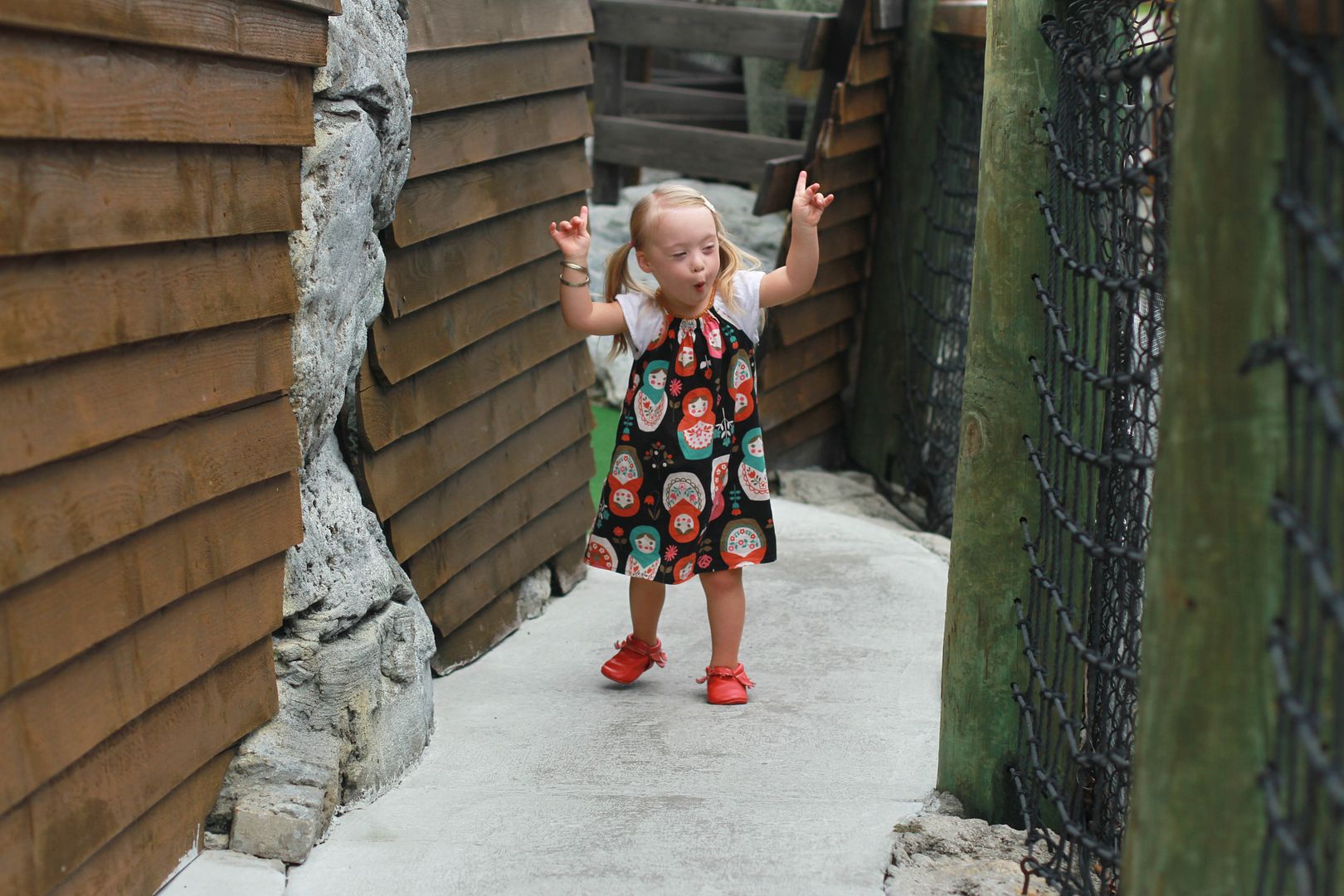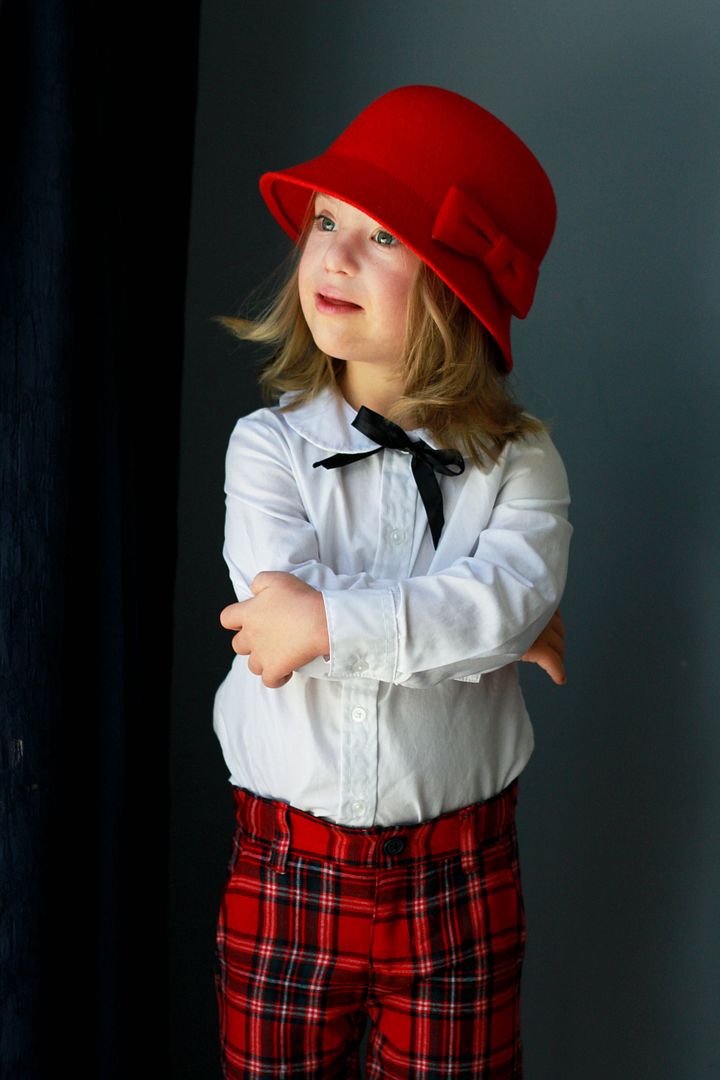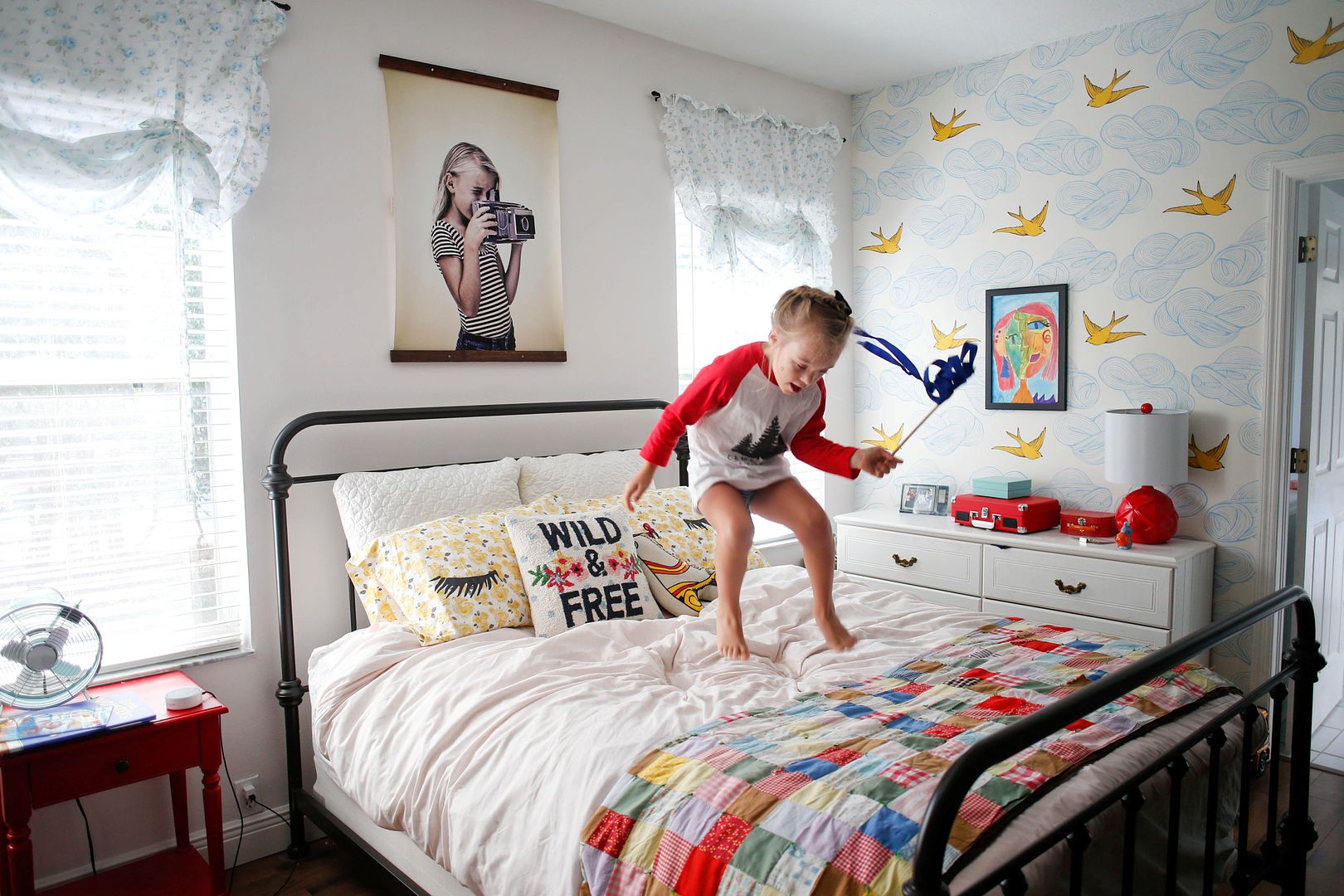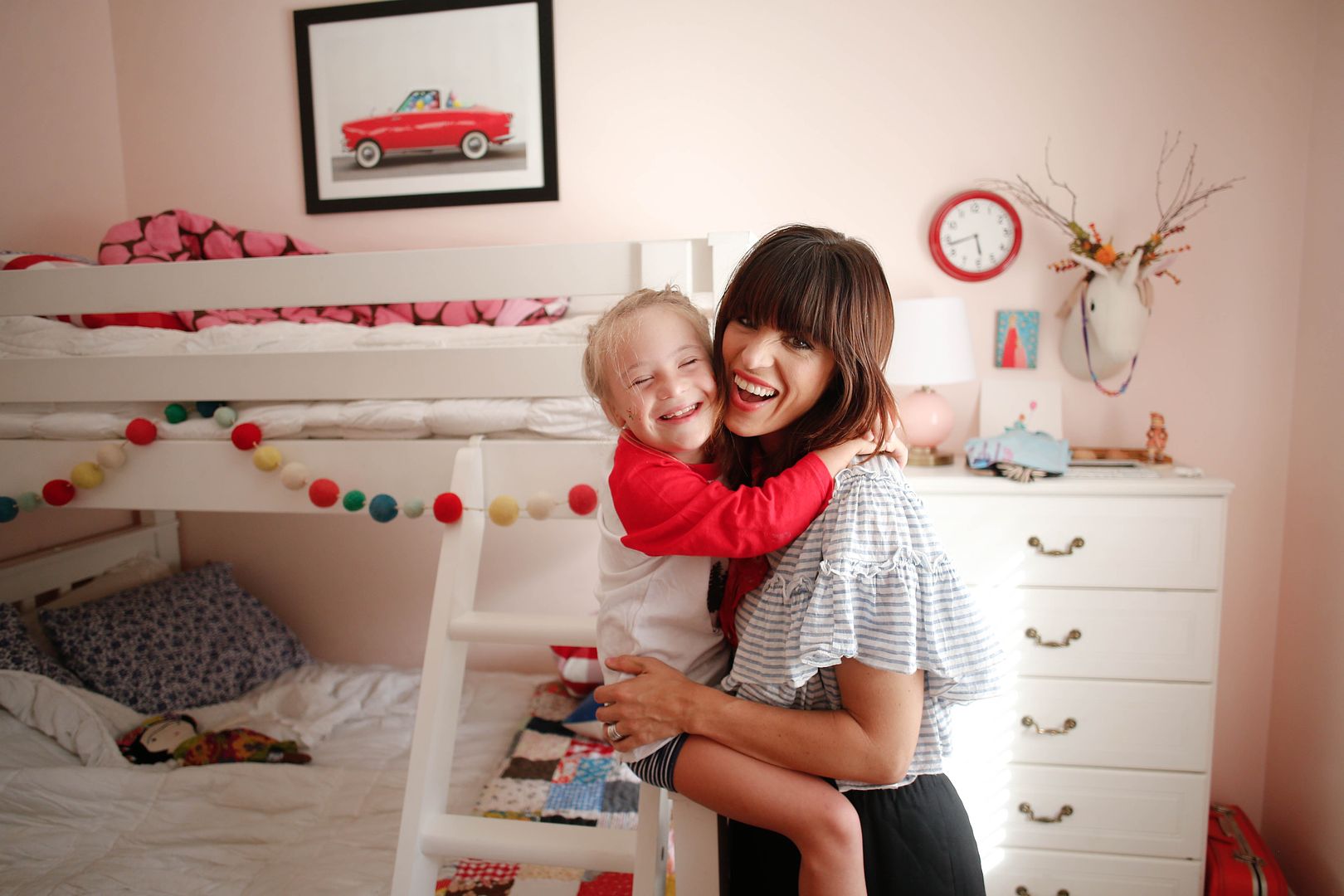On Dash’s first day of preschool four years ago, Nella led the way. She buckled his seat belt, tucked his lunch box in his tote bag and guided him to his classroom, kitty-corner from hers. He was the freshman, she was the senior, and she took great pride in knowing the ropes. He needed her, and she loved that he needed her.

For six years, we’ve coasted in this wonderland of perfect sibling roles–of Knowing Older Sister leads Learning Younger Brother and everything good that comes with it. Dash likes to be the knowing one and has no problem trying to take boss status from Lainey, but Nella? He lets her lead.

This year, Nella again led Dash into his new school, into the same kindergarten classroom where she once had a seat sack with her name on it. She’s known every rhyme in the poetry notebook he’s brought home every Friday because she learned the same ones, and she’s quizzed him on sight words from the same chart she learned from.
But now that we are rounding the end of the year, it’s different. At some point this year, things began to shift as he sped through lessons and quickly mastered skills that she is still grasping. He’s a full-blown reader now and doesn’t need her help. He corrects her when she doesn’t pronounce a word right and jumps to finish a sentence she’s reading if it’s taking her longer than “Dash Time” which, frankly, isn’t a fair standard for anyone. Dash sees Nella as nothing more than his sister and playmate and, as every good brother should do, pushes her, believes in her and calls her out when she’s not performing to the level of his expectations for her. We love that and think it’s good for Nella, but there are holes in this method–like when he chastised her for her handwriting last week when they were comparing sentences they wrote together. “Nella, that’s so bad. Why do you write sloppy?” I saw her little pride bubble deflate a little as she quickly tucked her notebook away. From the rear view mirror on another day last week, I watched as Dash and Nella both pulled their art projects from their backpacks after they climbed in the back seat, so proud to show me; and I winced as Nella quickly pushed hers back into her bag once she saw Dash’s.
We’ve never minded the patient approach to supporting her beautiful slow and steady, deliberate path to academic learning; but we have admitted that the hardest thing about this path would be if she is discouraged in recognizing that it takes her a little longer or that her work looks a little different. For nine years, we’ve helped her build strong emotional muscles, stacked her with confidence, praised her uniqueness, cushioned the reality of “It takes you longer, and that’s okay!” with so many spoken examples of our own slower pace or delayed mastery of a skill coupled with great acceptance of ourselves: “Mommy takes a long time to read a book, and that’s okay–I don’t want to rush!” “Daddy has messy handwriting, but he keeps writing! It’s his trademark and he’s proud of it!” We subconsciously eat, sleep and breathe self acceptance and love for what makes us different in this home, hoping our kids–especially Nella–will absorb it by osmosis.

Nella has proven she can hold her own. It takes such grace and confidence to keep learning, keep reading, keep showing up in a classroom when you’re working on skills your peers have mastered long ago; but she does it, and she does it well. The one person’s compatibility that has meant the most to her though, is her brother’s; and as he surpasses her in math and reading skills, I’ll be honest in admitting that it’s sad to see their roles shift.
Here’s what I know though: We are good at creatively embracing a parenting challenge. We’ve been so fortunate to coast through the past couple of years without any major challenges with Nella. We got this! The other night, Brett and I talked about some of the things we are noticing lately, and I love how quickly our conversation shifted from “that’s sad” to “I have an idea!” We are naturally equipped with instincts to swoop in with solutions. Within ten minutes, we had a game plan for how we are going to support our family through these changes–how we can educate Dash to understand Nella’s needs more, how we can help Nella lean in to Dash’s growth and use it to her advantage, and how we can be better about identifying Nella’s unique strengths that her siblings don’t have and letting her shine in those moments. We are motivated and thankful for this nudge and are already noticing things getting better.

In a well-timed moment at the end of the week last week, right after Brett and I had talked about some of the changes we are noticing and how we basically wanted Nella to have some glorious moment of well-earned success recognized (you know–podium, trophy, cheering), we sat on our lanai at sunset, watching the kids play in the pool. I was snapping a few pictures, cautioning them to calm down a little because “someone’s going to lose an eye” when sure enough, Dash got hurt. His cries are a bat signal for Nella, and our superhero did what she does best–she ran to comfort. She is better at this than anyone. She is the senior, we are her freshmen. She scooped him right off his feet and held him like a baby, knowing he’d be weightless in the water.

He milked it, and she loved it, staying close to him and whispering things we couldn’t hear in his ear until he decided he had his fill of her love and attention. I asked him if he needed a Band-Aid, and he ignored me. He wanted her, not me.

She will always be his big sister and teach him the things she does better than anyone else. He doesn’t know yet how lucky he is to have a golden ticket into the course she’s teaching, but he will soon.
It’s been a rough weekend. Our sweet Latte is suddenly dwindling fast, and we may have to put her down. There have been so many tears the past few days. The other night, Nella climbed in bed with Lainey and patted her back as she cried. Over and over, she repeated, “I love you, Lainey.” She’s bringing so much light and compassion to this whole situation, and we all recognize how important her special gifts are.
Oh, and that art project she did? It’s perfect.












